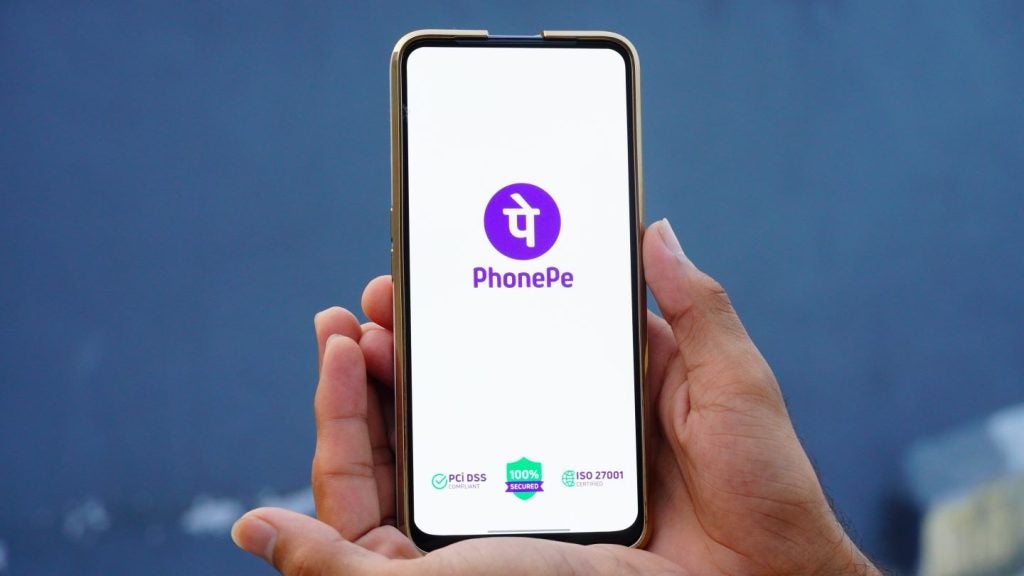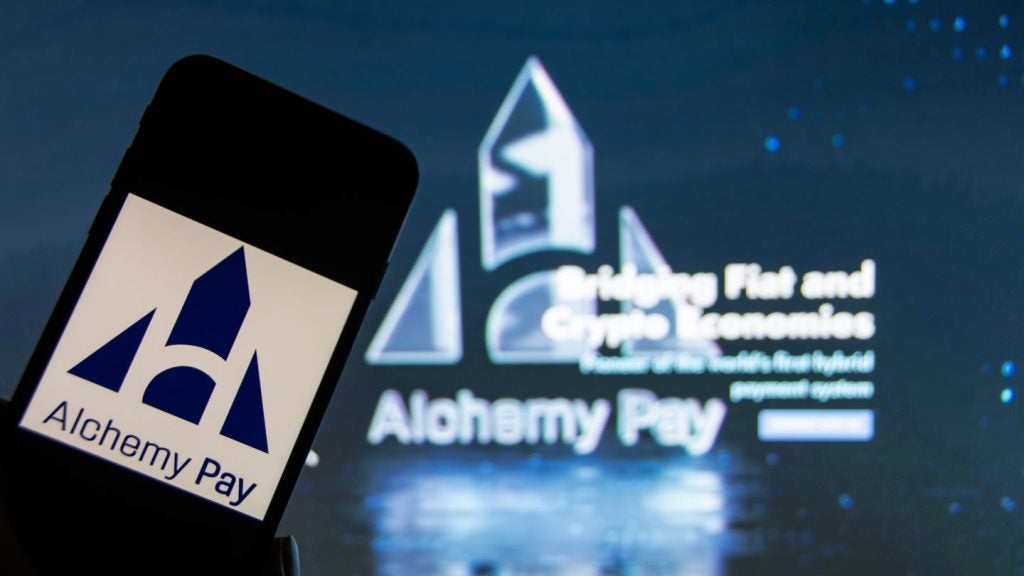With Covid accelerating the cash displacement drive there remain concerns that the one-in-five UK citizens still using cash on a daily basis need more education to navigate to digital payments, reports Douglas Blakey
Amid decline in cash use, 79% of UK consumers think more education is needed to help people navigate shift to digital payments.
Research from card issuing platform Marqeta shows a quarter of people have never used digital payments. Moreover, one-in-five are still using cash on a daily basis.
The Marqeta survey flags up the need to ensure that at-risk groups are not left behind as cash displacement accelerates. Moreover, the research shows a greater focus on inclusive product design is needed to ensure that everyone is brought along the digital journey.
Pandemic accelerates digital drive
On a more positive note, there are signs of change as 21% reportedly used digital payments for the first time during the last year. The pandemic has accelerated the drive to a more cashless society. For example, four-in-ten (41%) have been refused when trying to pay with cash in the past year and 65% feel it’s becoming harder to take cash out.
Amid rising adoption and enthusiasm for new innovations, 83% of respondents expressed concern that the shift to cashless could exclude the most at-risk in society, demonstrating the need to ensure no one is left behind.
“Digital payments offer several benefits for society – from lowering fraud and other financial crime, to the environmental benefits, not to mention the fact that it is much safer than carrying around cash.
But to go cashless, we must educate society to show everyone how to live in a world without cash – or risk leaving the most vulnerable groups behind,” says Ian Johnson, SVP, Managing Director, Europe, Marqeta.
“As an industry, and a society, we have a responsibility to support cash-only spenders to adopt digital payment options, by educating people of its benefits and through more inclusive product design, to ensure everyone can share in the benefits.”
GlobalData research: payment instruments UK
According to GlobalData’s in-house research, cash accounts for a share of 14.7% of UK payment transactions. By 2025, it is forecast that this number will decline to 10.2%.
Cards currently account for a share of 57.2% Card usage has been on the rise, accounting for 57.2% of total transaction volume in 2021 – up from 45.3% in 2017. Credit transfers account for a share of 15.6% with direct debits accounting for a share of 12.1%m and cheques 0.4%.
Rising demand for non-cash payments has boosted card payments and resulted in a decline in ATM cash withdrawals. GlobalData’s research shows that the value and volume of ATM cash withdrawals declined by 29.6% and 40.4% respectively in 2020.
ATM numbers decline, contactless use soars
In addition, the trend of decommissioning ATMs accelerated. The number of ATMs fell from 60,528 in 2019 to 55,563 in 2020. This figure is anticipated to decrease to 44,552 by 2025.
Amid Covid-19, contactless payments have gained further momentum. According to UK Finance, there were 1.2 billion contactless card transactions in June 2021 – up 69.6% compared to June 2019 and 73.8% compared to June 2020. The total value of contactless transactions was £14.2bn ($19.40bn) in June 2021 – up 122.4% on £6.4bn in 2019 and 66.2% compared to £8.5bn in June 2020.
In June 2021, the number of contactless credit card transactions was 39.9% higher than June 2019 and 92.4% higher than June 2020. The number of contactless debit card transactions was 75% higher than June 2019 and 71.4% higher than June 2020.
Marqeta UK cash displacement survey takeaways:
- Almost two-in-five (39%) surveyed consider cash a backup in case their card is lost, stolen, or fails. Nearly one third
- (29%) surveyed believe they can keep better track of their spending with cash.
- 17% surveyed believe that using cash decreases their risk of fraud, saying they like to use cash as they think it is more secure than digital payments.
This points towards a need for banks to ensure that they have better digital services to help consumers keep track of their spending, as well as providing secure digital wallet services to act as a backup when physical cards fail.
Despite this need for more support and education, respondents could already see the benefits of going cashless: 55% think a cashless society will make payments easier for everyone, and a further 64% think a cashless society will make criminal activity harder – for example, money laundering and tax evasion. Over half (51%) also noted that the COVID-19 pandemic has put them off handling cash due to hygiene risks.
Consumer appetite for new technology, innovation in payments
The Marqeta survey reports:
- Almost half (45%) of respondents want to ‘pay by gesture’ and have a secret signal to authenticate payments as an added layer of security instead of their PIN;
- 57% surveyed would be comfortable using a “super app”, like China’s WeChat, to make all their payments.
- 39% surveyed would be open to using asset tokenisation to make big payments.
- One-in-ten surveyed believe cryptocurrencies are the future and are keen to invest in them.
“Banks must ensure that the benefits of their digital offerings continue to outweigh the benefits of cash,” adds Johnson. “Providing consumers with features that help them to track their spending, as well as adding extra layers of security to minimise the risk of fraud, are critical to ease the transition to an increasingly cashless world.”







